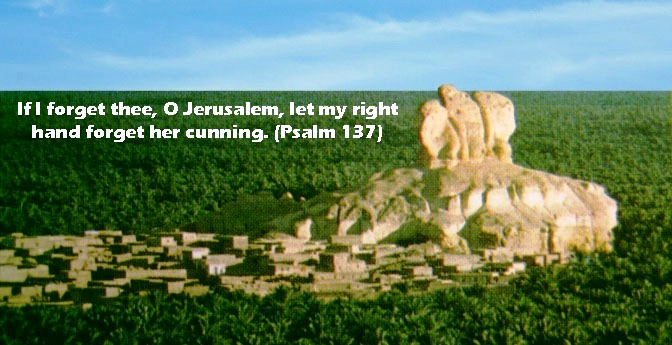Category: Toponyms
-
Strong dust storms may have caused the collapse of the Akkadian Empire
Fossil coral records provide new evidence that frequent winter shamals, or dust storms, and a prolonged cold winter season contributed to the collapse of the ancient Akkadian Empire in Mesopotamia.
-
Meaning of Egypt
The Sinai Peninsula has provided a continuous land bridge connecting northeast Africa and Asia, and particularly Ancient Egypt with the Levant. [01] Sinai is triangular in shape, with its northern shore lying on the southern Mediterranean Sea, and its southwest and southeast shores on the Gulf of Suez and the Gulf of Aqaba of the…
-
Hebrew: meaning and etymology
It is generally agreed that (ăpăr), in ancient Hebrew, denotes dust and similar material.
-
Meaning of Qatar & Qatraye
The name “Qatraye” is derived from “ܩܵܛܹܪ/qāṭīr” which means: “Line”.
-
Identifications of biblical sites
No biblical sites can be identified with high degree of certainty, only few identification can be considered proven beyond a shadow of a doubt. [01] One reason is that Emperor Constantine, the first Roman emperor to convert to Christianity, sent his mother Helena, in 320s, to travel to the Levant to identify Biblical sites. Helena…
-
Noah’s Ark.. Piecing The Puzzle Together
According to the bible, Noah’s Ark is the boat through which God spares Noah, his family, and examples of all the world’s animals from a global deluge. The Biblical account shares many details with earlier Mesopotamian stories, which demonstrates the existence of shared culture traits that spanned the ancient Near East both geographically and temporally,…
-
Ur of the Chaldees: Unlocking the mystery
“Ur of the Chaldees” or “Ur Kasdim” is a place-name mentioned in the Bible as the birthplace of biblical Abraham.The original Hebrew name of this place is: “אוּר כַּשְׂדִּים”, usually transliterated in English as: (ʾŪr Kaśdīm) or (‘uwr Kašdīm). Contrary to the popular belief, the real etymology and the exact location of “ʾŪr Kaśdīm” is still debated…
